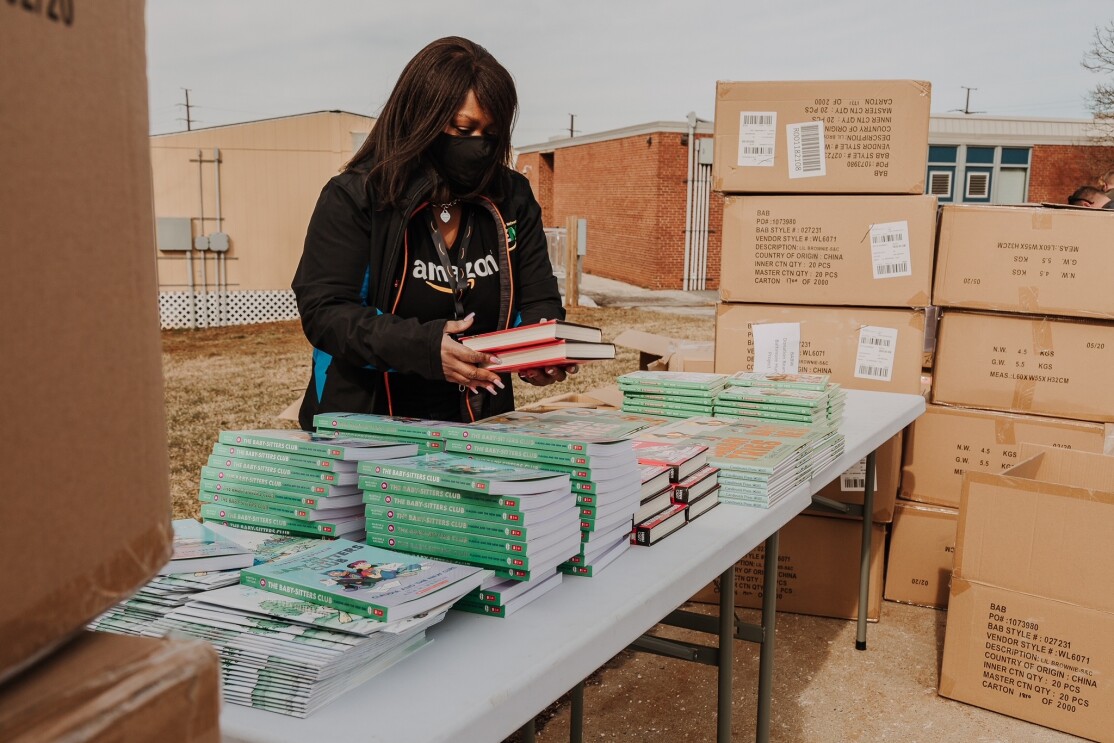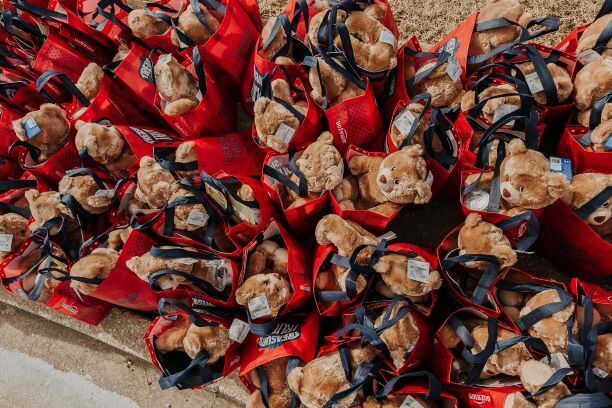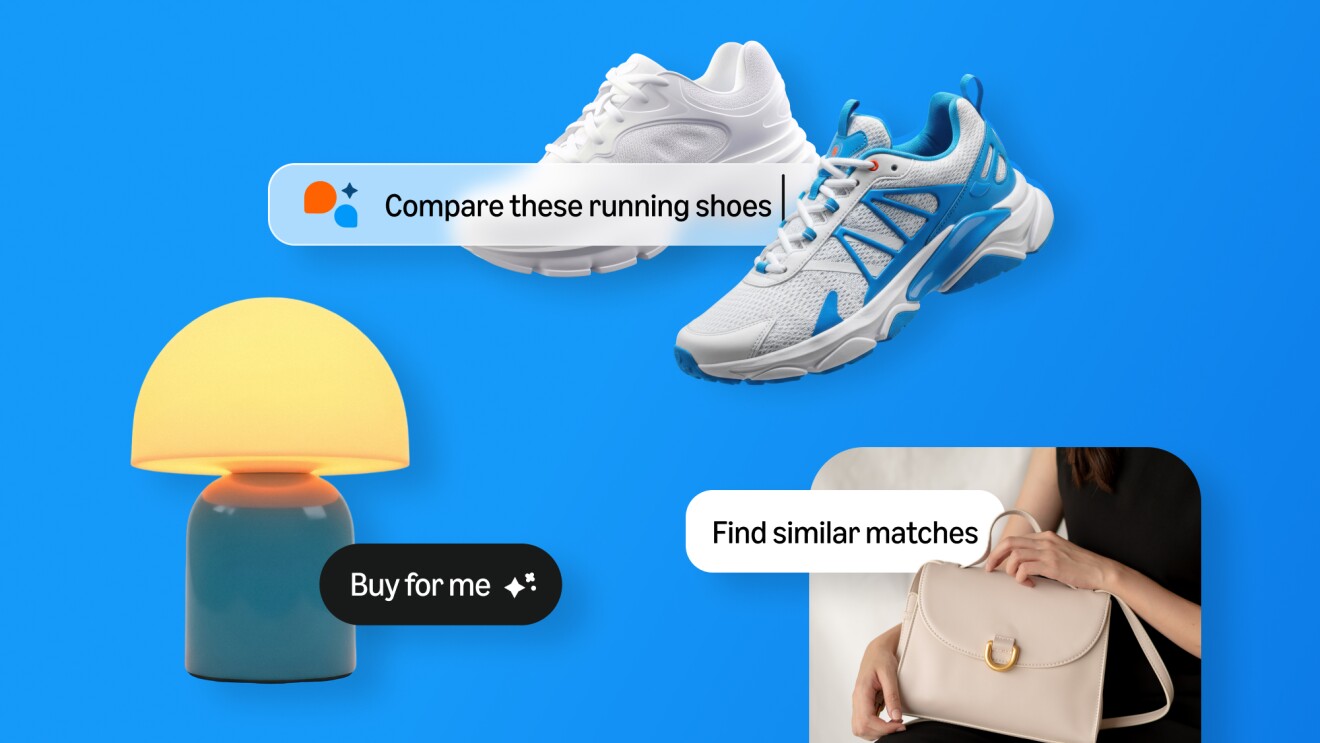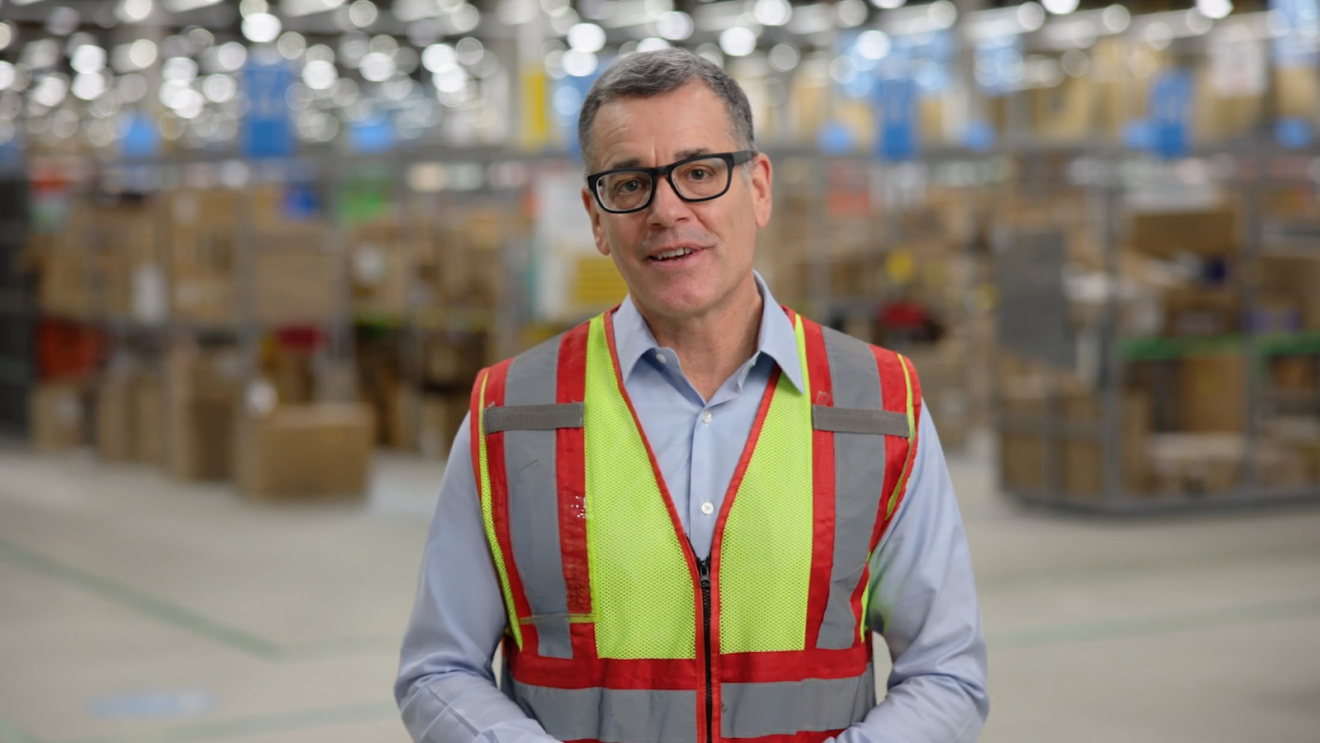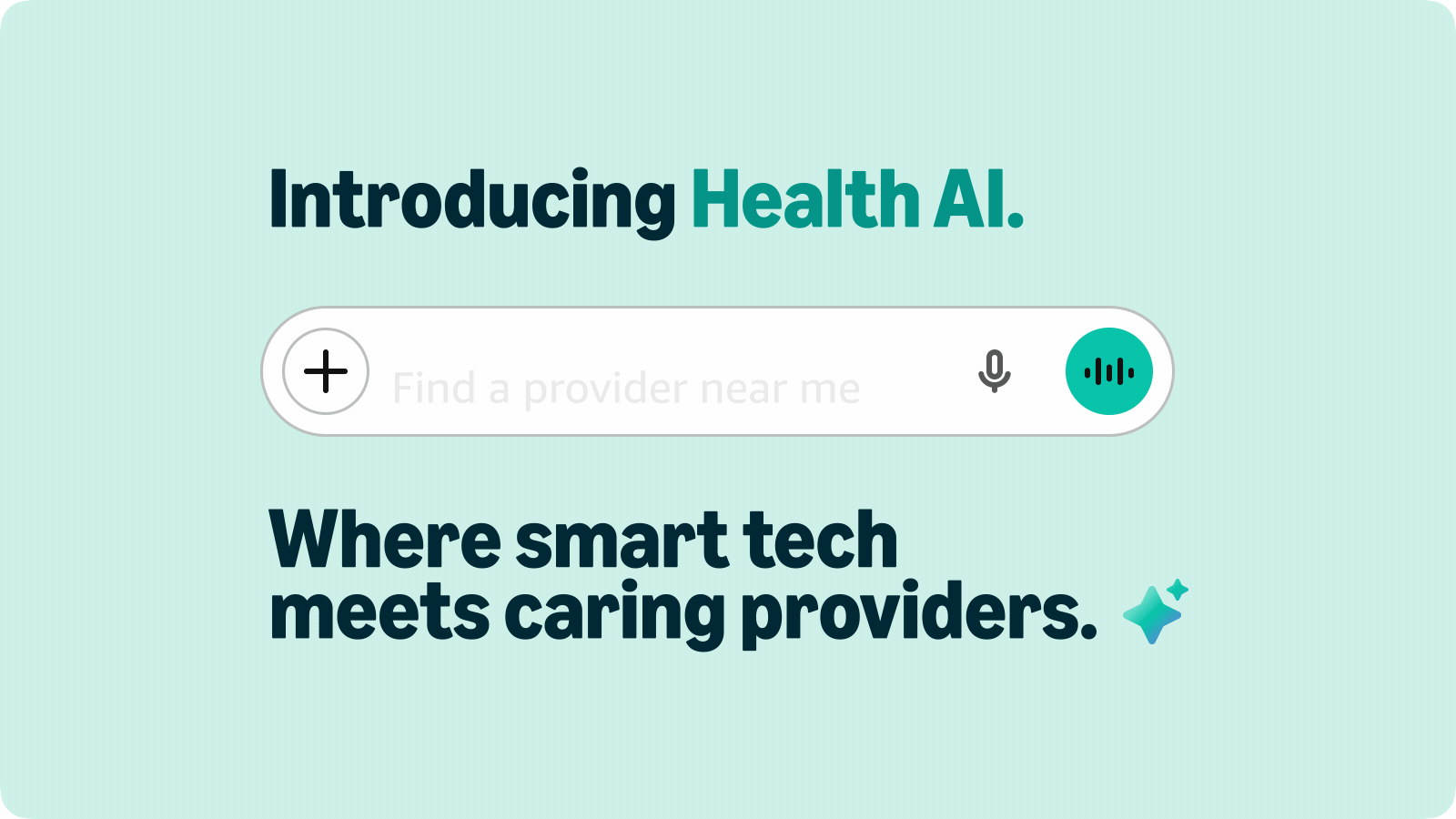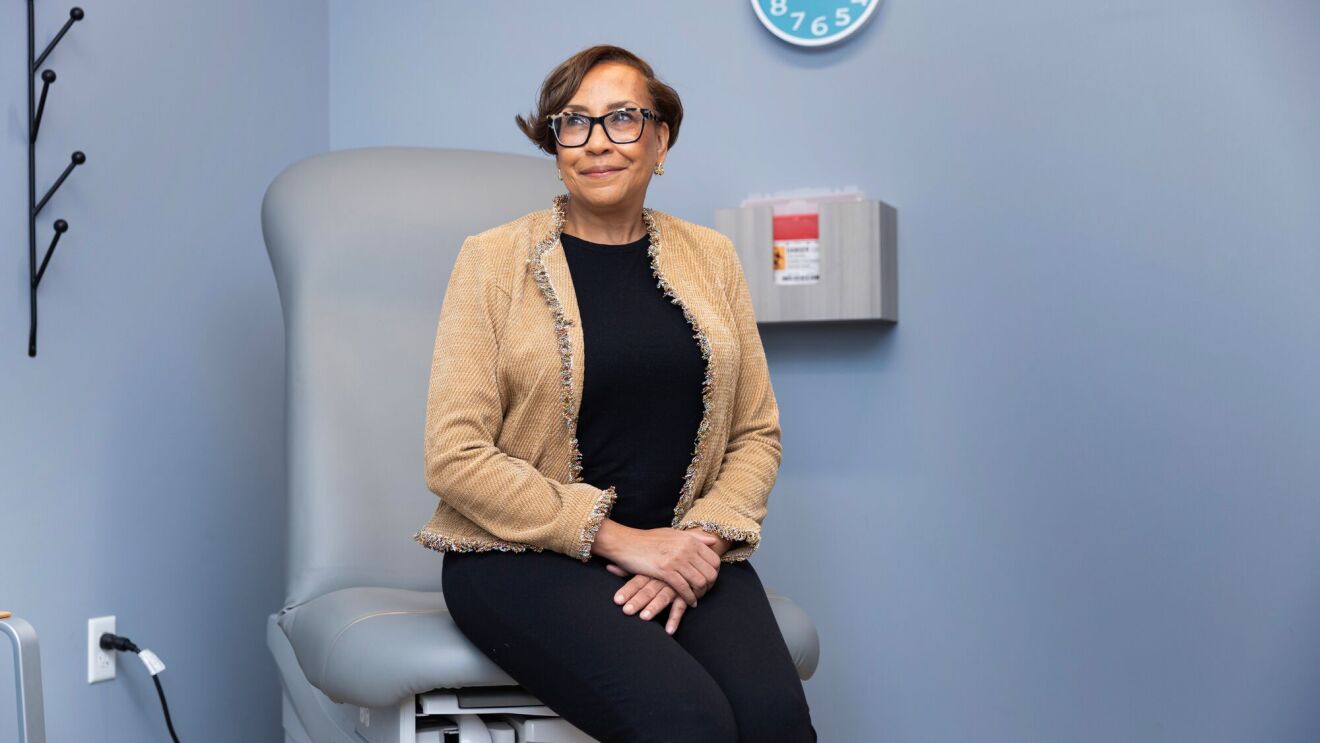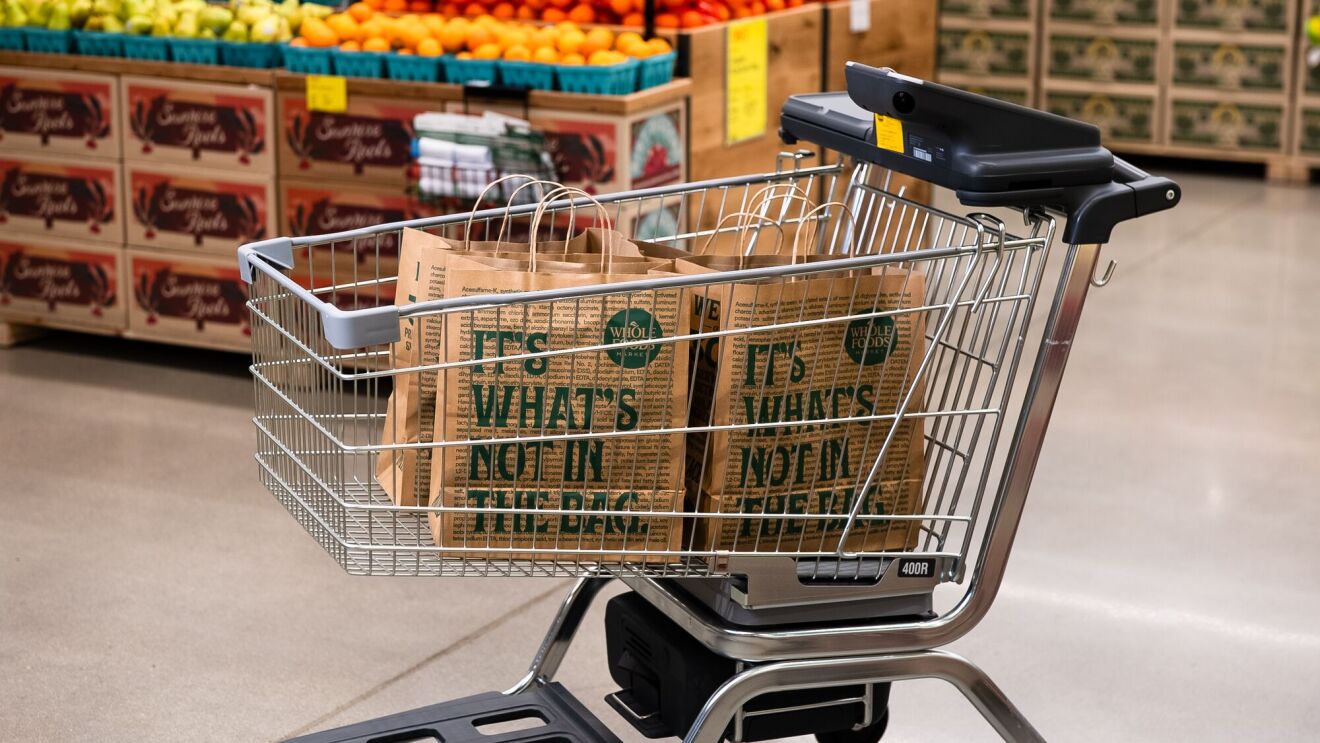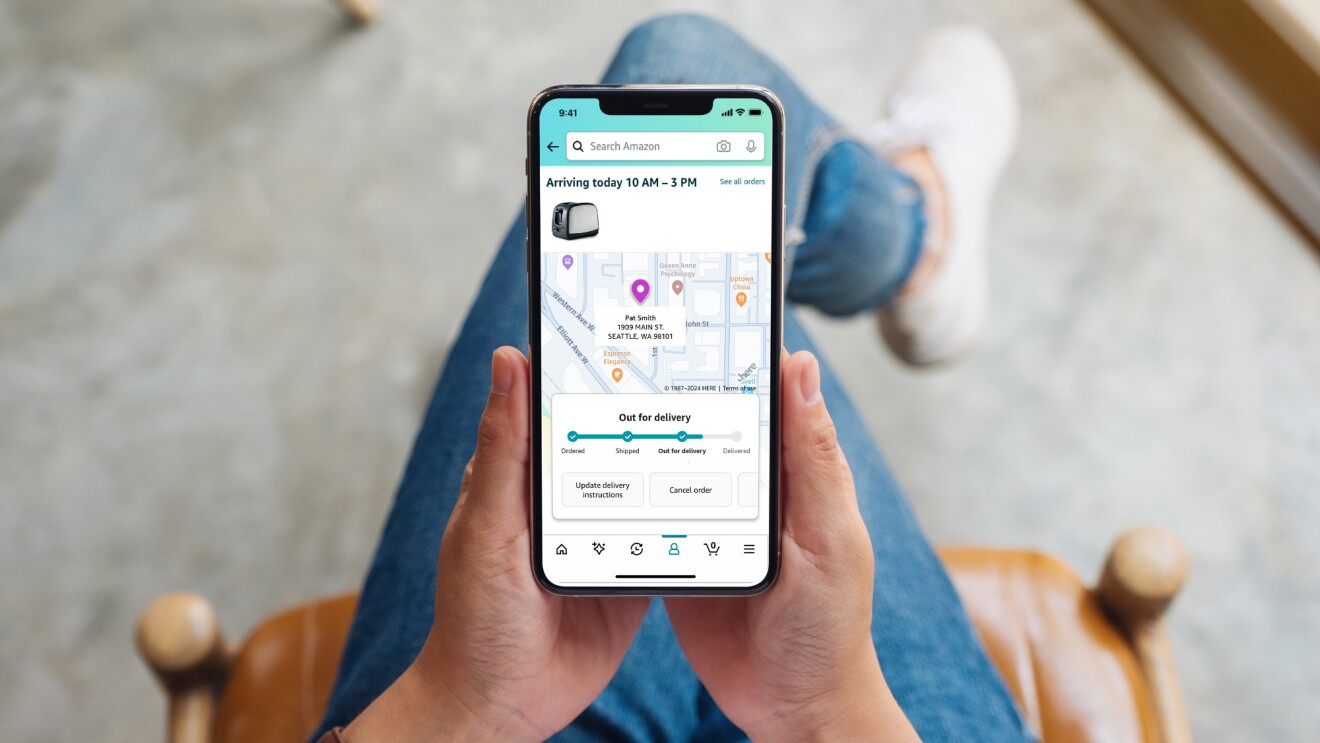About 17 million people in the U.S. live in areas without a nearby supermarket and often have trouble accessing healthy food. Nancy Dalton, head of community partnerships for Amazon’s U.S. consumer retail business, is working to change that.
Dalton and her team are building Amazon’s local food access program, which seeks to drive awareness and adoption of Amazon's grocery services for people in communities that lack healthy food sources.
“I know people are struggling to feed themselves and their families. Our services offer several convenient and affordable options to help,” she said. “I want everyone to know about them so they can purchase the groceries they need.”
Over the last year, Amazon has expanded its participation in the federal Supplemental Nutrition Assistance Program (SNAP) to enable people in 46 states and the District of Columbia to access food through Amazon. Dalton’s team extends this reach by working with community-based organizations across the country to amplify their anti-hunger efforts.
We met with Dalton to discuss her team’s important work to support communities in which Amazon operates. Keep reading to learn more about her role and her journey at Amazon.
What motivates your work?
For me, this is personal. Growing up, my mother was a SNAP recipient. I remember relying upon those funds to make sure we had food on the table. I've never forgotten how it shaped me as an individual. I knew that SNAP was an invaluable resource to get us by when my mother fell on hard times. Like my story, customers’ budgets evolve throughout their lives. Assistance may be necessary today, but that could change in the future. Amazon wants to be there for customers throughout their journey, especially when they need us the most. We have so many capabilities that enable us to drive systemic change in a positive way across the communities we serve.
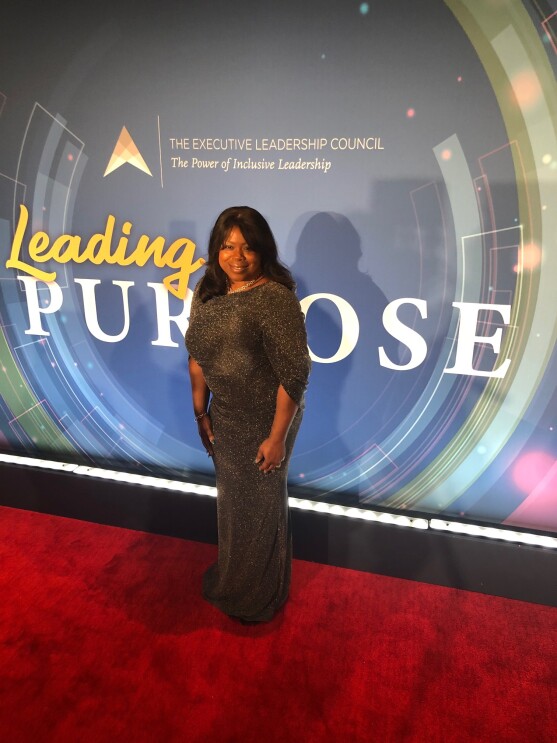 Dalton at the Executive Leadership Council Gala in 2019.
Dalton at the Executive Leadership Council Gala in 2019.How would you describe your job?
I lead our local food access program. My team is raising awareness about the fact that Amazon offers convenient, affordable, and relevant grocery services in areas that lack access to full supermarket selection. We collaborate with community-based organizations that are already supporting local needs, and we find ways for Amazon to amplify their efforts. For example, we co-sponsored a food distribution event with the Baltimore Hunger project (BHP), an organization focused on eliminating childhood hunger by delivering weekend food packages to children facing food insecurity. The event increased BHP’s efforts to distribute fresh food to community members in need, enabling them to reach over 3,000 families in one day.
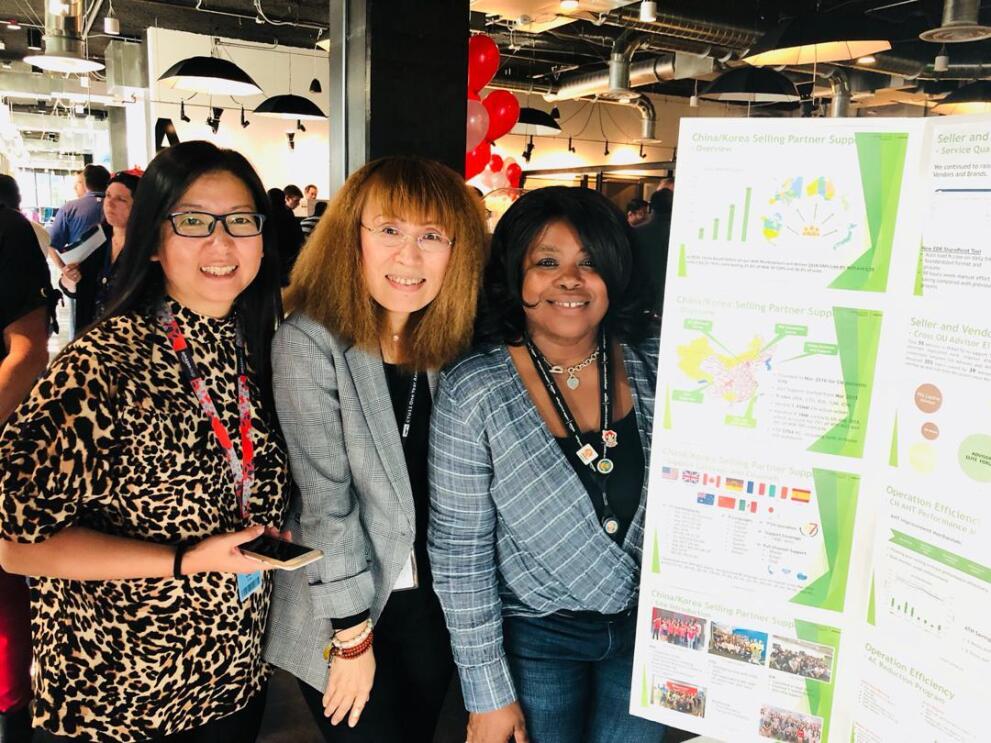 Dalton with her colleagues at the Seller Support Business Expo in 2018.
Dalton with her colleagues at the Seller Support Business Expo in 2018. What are your long-term goals for the program?
Ultimately, we want customers in underrepresented groups to have a voice in our product and program development so we can better meet all of their needs. Today, we're talking about Amazon's grocery services and food access, but when we're in these communities, we're finding so many other areas where we can offer support. We’re listening, and we hope that we can develop services that benefit the community in even more ways—whether it's enabling minority-owned small businesses to sell their products and services on Amazon, or creating awareness of other programs and services available through Amazon that can meet their needs. We want to continue to earn trust and show people that Amazon is so much bigger than the boxes that get delivered to their doorsteps. We can and want to be a force of good in as many communities as possible.
How have you been able to witness the impact of your work?
It was exciting to see the direct impact of our work when we partnered with the Baltimore Huger Project to amplify their food distribution day. People showed up to that event expecting to get their normal, weekly food packages that feed their families through the weekend, and they got so much more–receiving coats, books, and more. We wanted to create a memorable experience for the community.
01 / 02
What goes into launching in a new area?
Before a launch, we spend time talking to community-based organizations first to better understand what people and communities need. We take time to gather insights and plan unique programming and experiences that earn trust and are locally relevant. We also look for opportunities to engage with other teams at Amazon—like Amazon Books and local employees. Amazon is the epitome of innovation and ideation, so when I go into conversations with community-based organizations and hear about the problems they're facing, I feel empowered to come up with creative and exciting ways to solve them.
How did you build your career?
I started my career over 20 years ago as a front-line customer service representative at a bank. I quickly realized I had an interest in management after I had the opportunity to set up a training program for my team, and that interest eventually led me to roles as a customer service trainer and subsequently as a training manager at the same company. I then transitioned into operations management and client services, where I was accountable for designing programs and systems to support employee and customer experiences. During the credit crisis in 2009, I had a rare opportunity to move into a fair and responsible lending role, which allowed me to interface with regulators and launch initiatives that drove improvements in the customer experience and established equitable banking practices. I then moved into my first international assignment where I led a global, multi-division training and quality function. That role ended up being the bridge that led me to Amazon. A business partner I worked closely with ended up at Amazon and reached out to me about a role. I came to Amazon initially to lead international training, and after two and a half years, I moved into HR to lead an international shared services function. The transition into my current role happened after one of my colleagues found out about the local food access program and told my now-boss I would be a great fit to lead the team. When I read the pitch for the project, I could not put it down. I was so excited about the mission and the opportunity to make a difference in communities across the country. When I got the job offer, my decision to take it was a no-brainer.
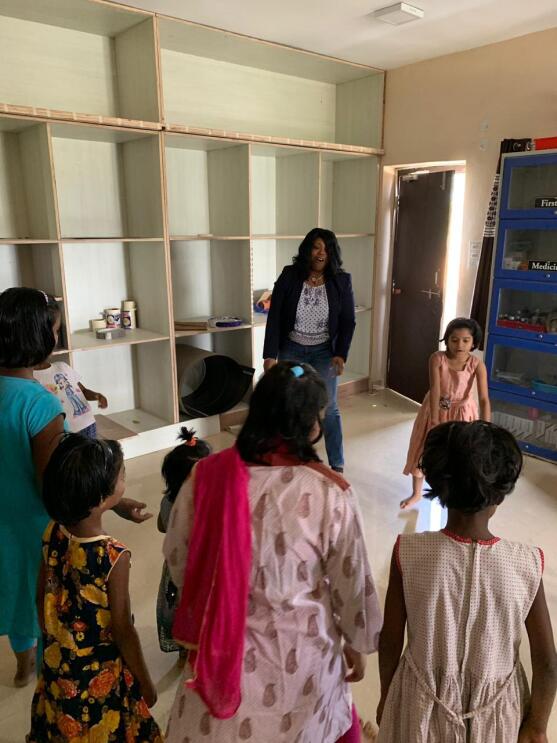 An image from Dalton's visit to an orphanage in India in 2019.
An image from Dalton's visit to an orphanage in India in 2019.What advice do you have for others who might aspire to a career like yours?
The first thing I recommend is to never forget where you came from, and allow your life experiences to fuel your passion for making a difference in the lives of others, both personally and professionally. When you’re applying for a community impact role, make sure your resume reflects any nonprofits you’ve volunteered with and be comfortable sharing why they are important to you. If you want to be considered for positions at your current company, it’s important to think about what you want your colleagues to say about you when you're not in the room, and build your personal brand around that. If you want people to say you are a leader or you are passionate about giving back, then the interactions you have with them should emulate that. I’m really observant of leaders I respect, and I build my network by setting up time to share my career aspirations with them. All of this has often led to people advocating for me because they've learned more about who I am and what I want to deliver.
If you enjoyed learning about Nancy Dalton's job helping Amazon give back to communities across the U.S., read more articles from this series. For more information about opportunities at the company, visit Amazon.jobs.
Trending news and stories
- Amazon Pharmacy will expand Same-Day Delivery to nearly 4,500 cities in 2026
- 13 films and series to watch for Valentine’s Day on Prime Video
- Getting started with Alexa+: Simplify home organization with recipes, calendars, and reminders
- How to stream Seattle Kraken games on Prime Video during 2025–26 season



